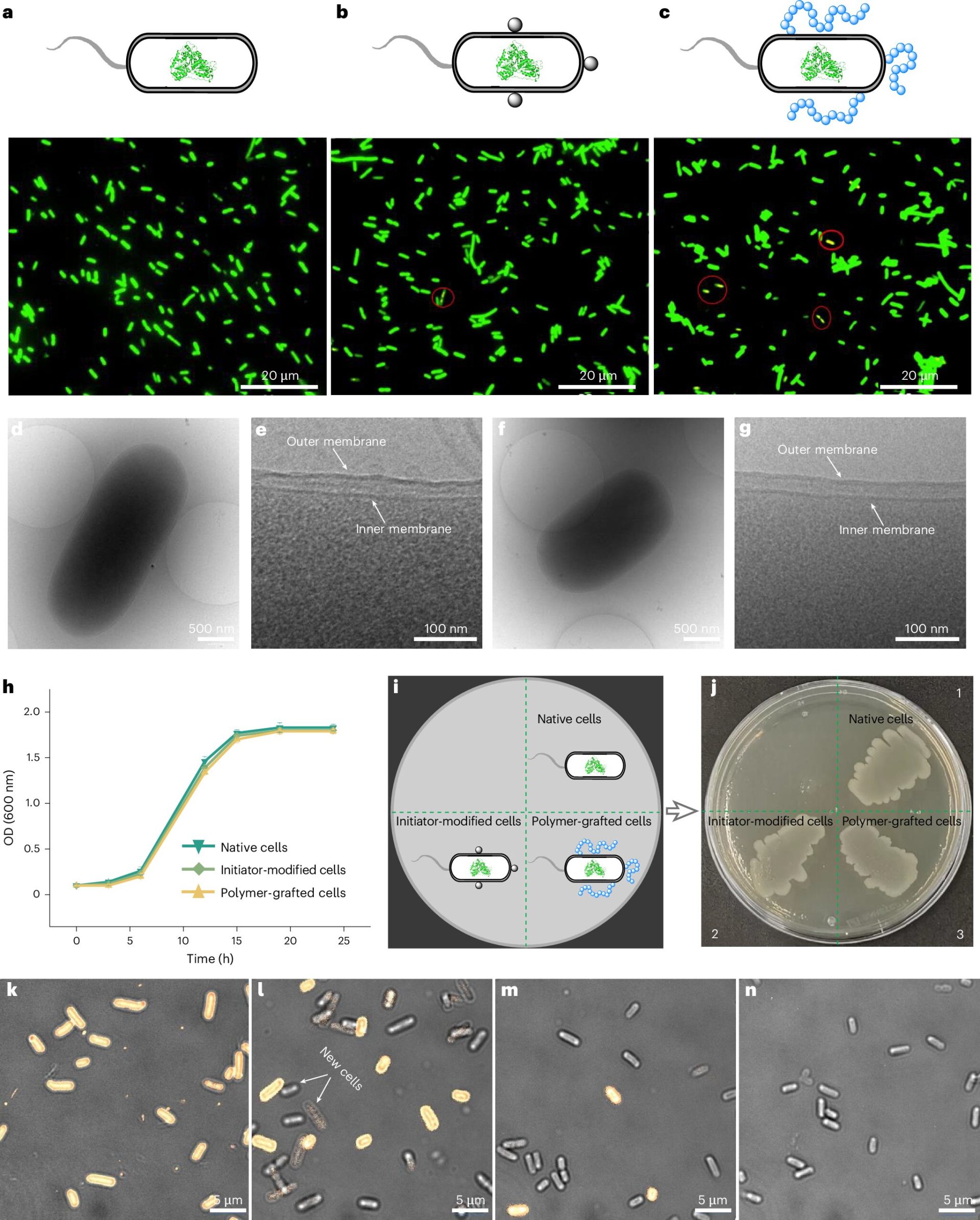Trillions of bacteria work in the chemical and pharmaceutical industries, helping produce everything from beer and facial creams to biodiesel and fertilizer. The pharmaceutical industry, in particular, relies heavily on bacteria for producing substances like insulin and penicillin.
Harnessing bacteria’s industrial contributions has revolutionized global health, but their work comes at a high energy cost. Additionally, solvents and continuous production of new bacteria are often necessary, as they don’t last long in their jobs.
Changzhu Wu, a chemist and associate professor at the Department of Physics, Chemistry, and Pharmacy, University of Southern Denmark, is focused on making industrial bacteria more robust and useful. His goal is to reduce the energy, time, and unwanted chemicals required to maintain bacteria, while also making them reusable so they can work longer before needing to be replaced.
His latest innovation introduces a type of “super-powered” bacterium and is published in Nature Catalysis.
“We took a common industrial bacterium, E. coli, and essentially gave it a ‘Superman cape’ to enhance its catalysis capabilities. This reduces energy use and makes the production process more sustainable,” Changzhu Wu explains.
While E. coli is often associated with foodborne illness, it is widely used in the pharmaceutical industry to produce essential medicines like insulin and growth hormone through various chemical reactions.
The industry uses vast quantities of E. coli, and replacing them takes a toll on the environment, energy, and time due to factors like high temperatures, extreme pH levels, UV radiation, and exposure to solvents.
In developing his “Superman cape,” Changzhu Wu sought a material that could envelop the bacteria while still allowing them to interact with their environment to carry out the desired complex chemical reactions.
The solution: a polymer coating that integrates with the bacterial cell membrane. Polymers are large molecules made up of billions of identical units called monomers.
“We essentially grafted an E. coli bacterium’s cell membrane with polymers, achieving two important outcomes: First, the bacteria became stronger and more efficient, and could carry out complex chemical reactions more quickly. Second, the bacteria became more protected, allowing for multiple uses. So, it’s a kind of ‘Superman bacterium’ that is more sustainable,” explains Changzhu Wu.
More information:
Engineering living cells with polymers for recyclable photoenzymatic catalysis, Nature Catalysis (2024). DOI: 10.1038/s41929-024-01259-5. www.nature.com/articles/s41929-024-01259-5
Provided by
University of Southern Denmark
Citation:
E. coli dons polymer ‘Superman cape’ for sustainable chemical production (2024, December 11)
retrieved 24 December 2024
from https://phys.org/news/2024-12-coli-dons-polymer-superman-cape.html
This document is subject to copyright. Apart from any fair dealing for the purpose of private study or research, no
part may be reproduced without the written permission. The content is provided for information purposes only.


